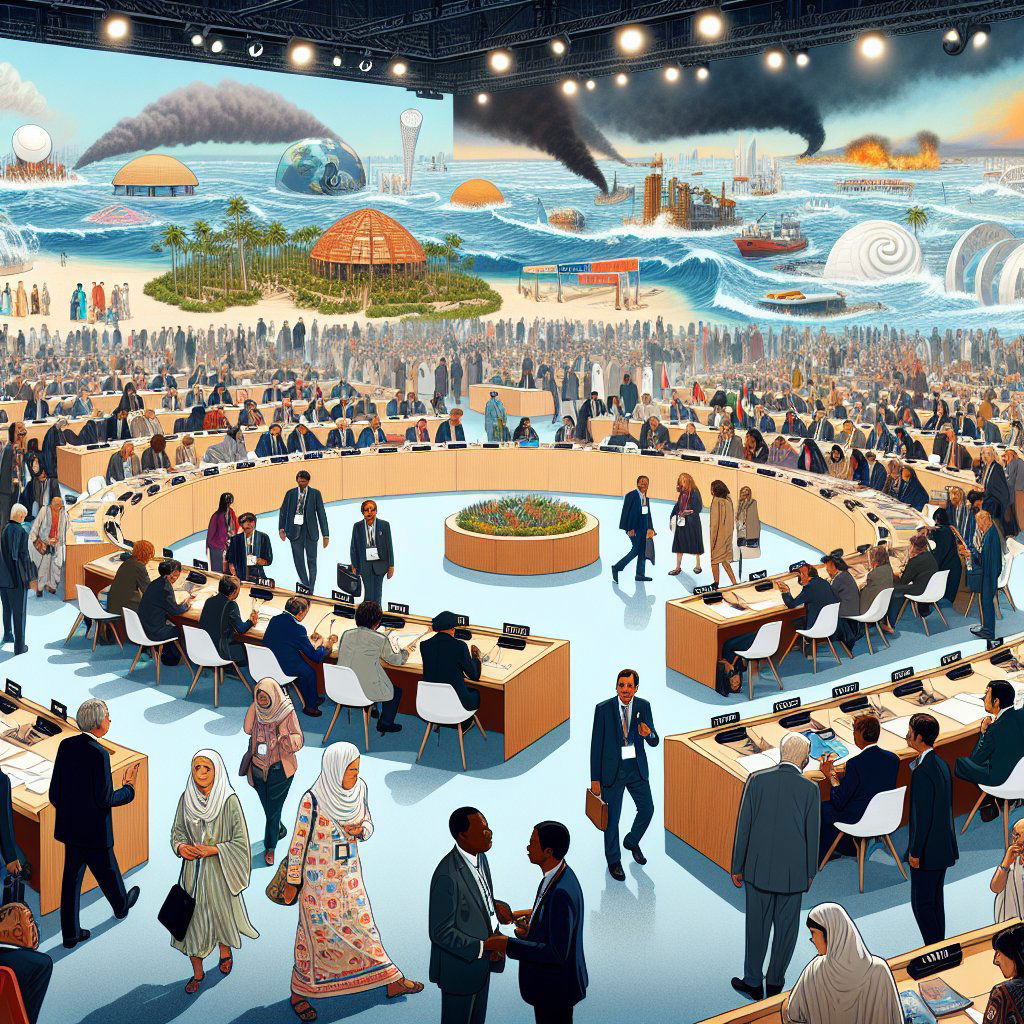Image: AI generated for illustration purposes
COP28 Opens Amidst Growing Climate Concerns and Contradictions in Fossil Fuel-Rich UAE
The United Arab Emirates, a nation synonymous with oil wealth, is hosting this year's pivotal United Nations climate conference—COP28. The event unfolds amidst a backdrop of extreme weather events highlighting the urgency for substantial climate action.
Running from Thursday until December 12 in Dubai, COP28 draws delegates from around the world to advance discussions and create new paths to curb the dire effects of climate change. The aim is clear but dauntingly challenging—forge agreements that will avert catastrophic global heating by century's end.
As the climate conference unfolds, the irony is not lost on observers. The UAE's economic powerhouse status comes from the very industry at the heart of the climate debate—fossil fuels. Critics and environmentalists are wary about the nation's commitment to transitioning towards a greener future, despite recent investments in renewable energy. Notably, the UAE has appointed Sultan al-Jaber, CEO of the Abu Dhabi National Oil Company (ADNOC) and a renewable energy leader, as COP28 president, a choice that is both controversial and, to some, strategically forward-looking.
Bridget Burns, director of the Women's Environment and Development Organization, echoes a sentiment held by many activists who see the selection of the host country and the conference president as provocative. Nonetheless, al-Jaber assures that engaging with fossil fuel stakeholders is a strategy to secure vital changes in the energy sector.
Beyond the conference's confines, the impacts of climbing temperatures continue to intensify, with 2023 being one of the hottest years on record. Record-breaking heat in the northern hemisphere and extreme weather events across the globe—from India's costly monsoon floods to Mexico's hurricane havoc—testify to the escalating repercussions of climate change. These realities add pressure to the already intense negotiations where the phasing out of fossil fuels is a central and contentious topic.
The UN climate talks present an opportune moment for a comprehensive assessment of global warming countermeasures. However, the juxtaposition of progress versus suffering is stark, as the promising news of possible lesser warming is overshadowed by the current, underestimated impact of climate change, particularly on developing nations.
As COP28 progresses, the globe watches and waits to see whether meaningful, catalytic change can spring from the heart of oil country. Questions persist. Can the UAE lead the charge in a transition away from the very products that built their wealth? Will the world's nations find common ground for a more sustainable future? COP28 presents a unique stage for confronting these contradictions, discussing innovative solutions, and perhaps, rewriting the narrative for a global energy transformation.
#GOOGLE_AD










